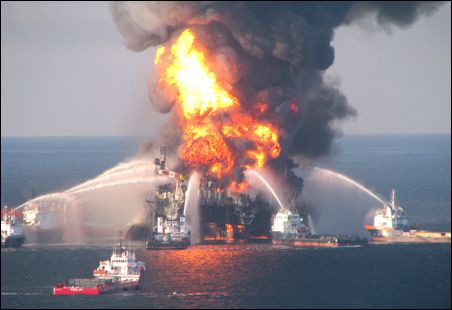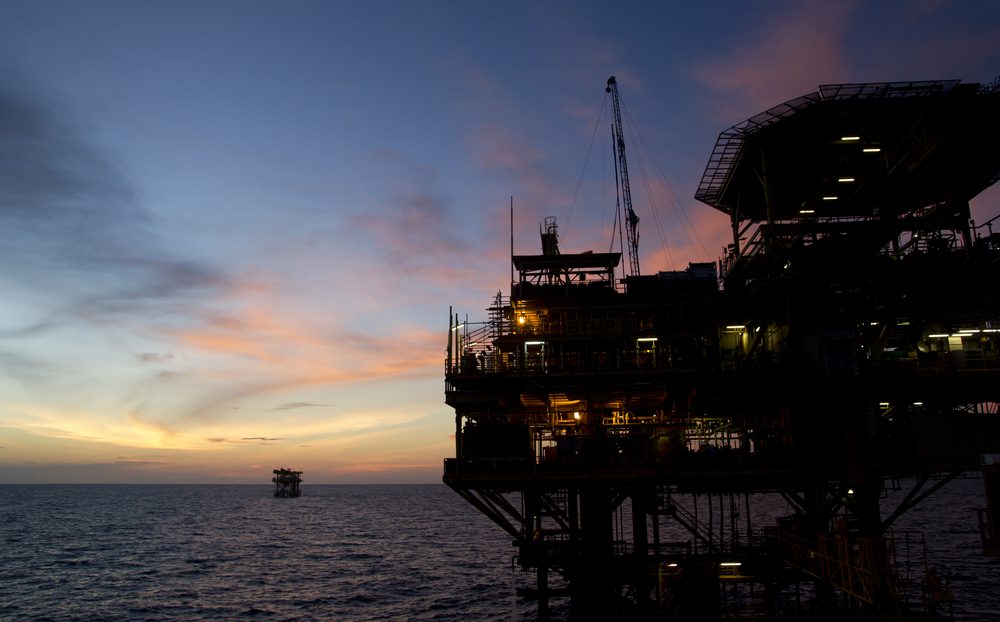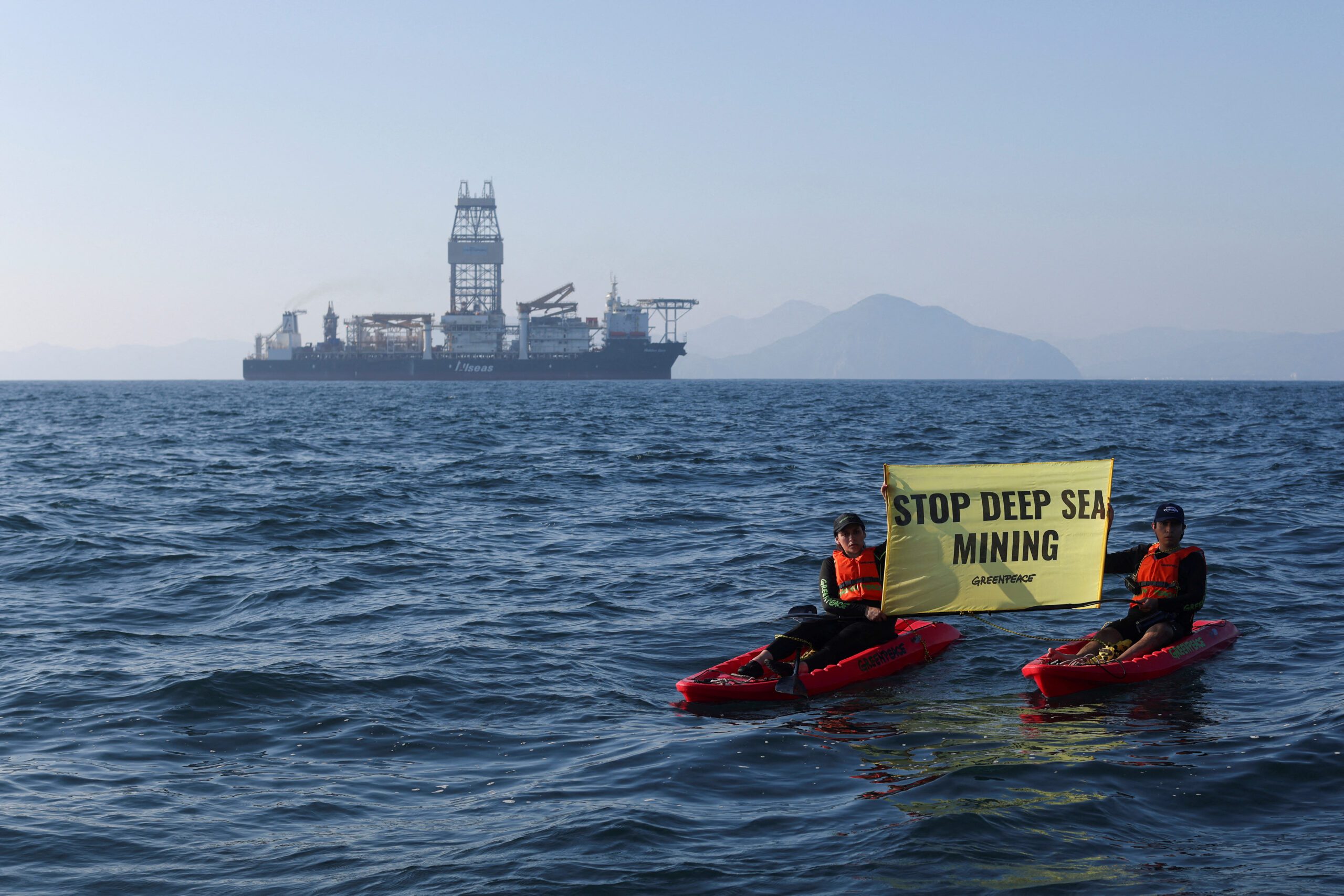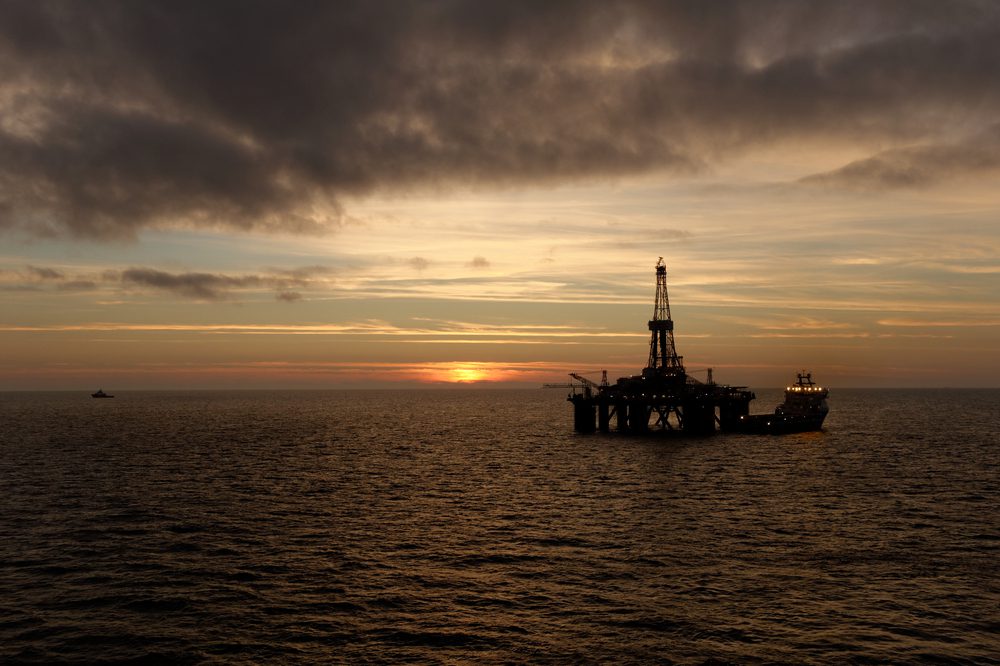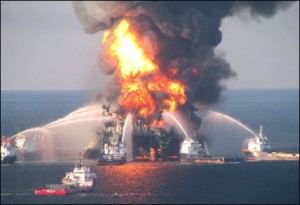 LONDON—BP PLC vowed to hold itself to a higher set of deepwater-drilling standards than those already prescribed by U.S. authorities, as the U.K. energy giant aims to assure regulators it is ready to return to operations in the Gulf of Mexico following last year’s Deepwater Horizon disaster and subsequent oil spill.
LONDON—BP PLC vowed to hold itself to a higher set of deepwater-drilling standards than those already prescribed by U.S. authorities, as the U.K. energy giant aims to assure regulators it is ready to return to operations in the Gulf of Mexico following last year’s Deepwater Horizon disaster and subsequent oil spill.
BP said it announced the new voluntary standards in a letter to the chief of the federal organization responsible for issuing U.S. offshore drilling permits. It said the undertakings go beyond existing regulatory obligations and showed its determination to apply lessons it learned from last year’s accident.
“BP’s commitment in the wake of the Deepwater Horizon incident is not only to restore the economic and environmental conditions among the affected areas of the Gulf Coast, but also to apply what we have learned to improve the way we operate,” said BP Chief Executive Bob Dudley. “We believe the commitments we have outlined today will promote greater levels of safety and preparedness in deep water drilling.”
Drilling operations in the Gulf of Mexico came to a standstill when the Obama administration imposed a moratorium on deepwater activity in the region after the Deepwater Horizon disaster.
Since the ban was lifted in October, U.S. regulators have issued at least 15 deepwater-drilling permits. Houston-based Noble Energy Inc. received the first of these in late February for a project in which the largest stake is held by BP.
However, the company has yet to receive approval for any new well-drilling projects.
Bureau of Ocean Energy Management, Regulation and Enforcement Director Michael R. Bromwich said the organization welcomed additional safety steps taken that went beyond the standard requirements.
Bureau officials said there is no agreement or accord in place with the company to allow it to resume offshore drilling and cautioned that today’s announcement was BP’s alone. Mr. Bromwich said last month that BP’s applications for permission to drill in the Gulf would be treated on its own merits and wouldn’t be prejudiced by last year’s events.
BP’s announced new safeguards include using a second set of hydraulic shear rams, which are large pincers designed to pinch close the drill pipe inside the blowout preventer in an emergency.
By Alexis Flynn (c) 2011 Dow Jones & Company, Inc.
James Herron contributed to this report.

 Join The Club
Join The Club



